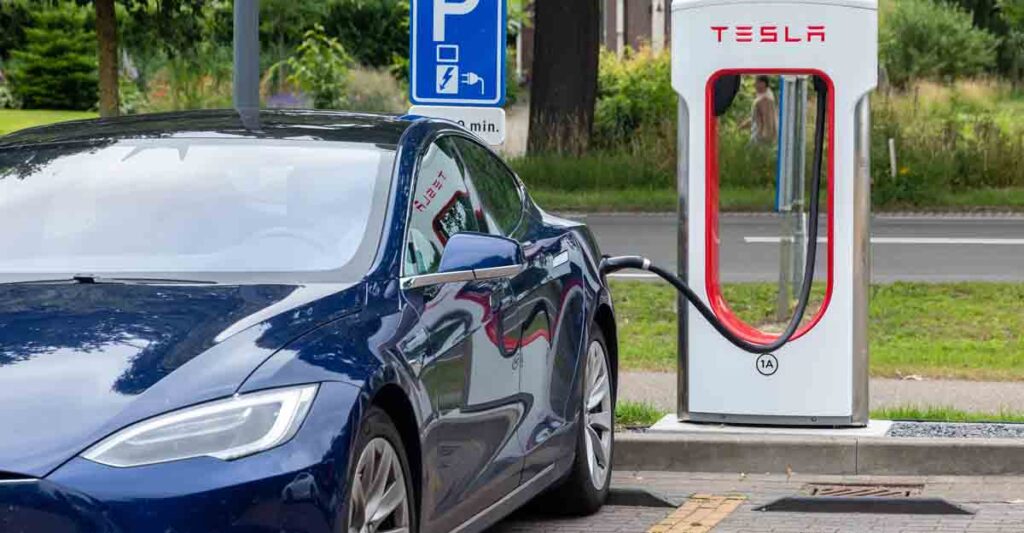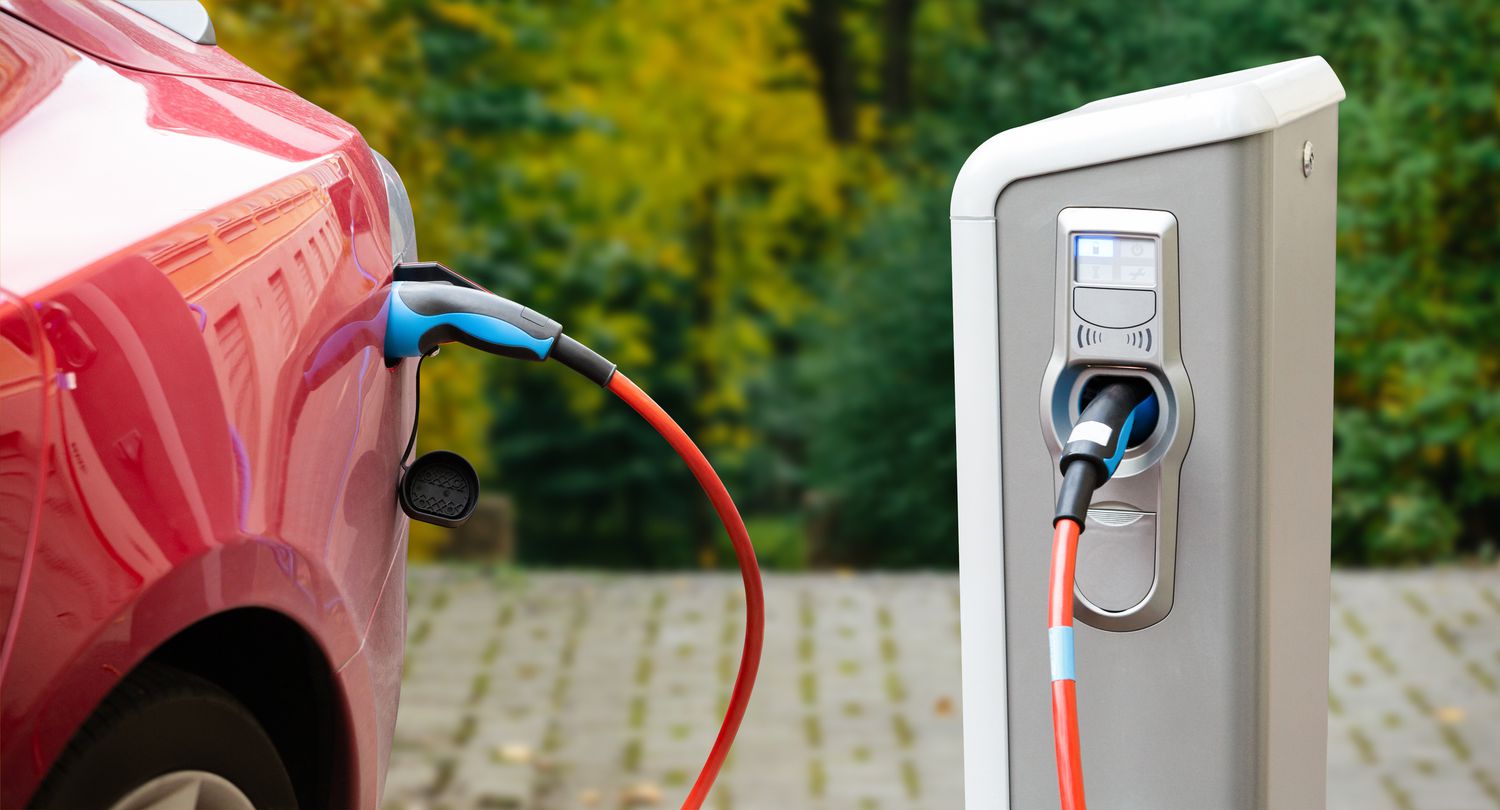Electric car charging costs are a crucial consideration for prospective electric vehicle (EV) owners, influencing both operational expenses and overall cost-effectiveness compared to conventional gasoline-powered vehicles. Understanding the factors that contribute to electric car charging costs is essential for making informed decisions about EV adoption and usage.

One of the primary factors influencing electric car charging costs is electricity rates. The cost of electricity varies significantly depending on location, utility provider, time of day (time-of-use pricing), and even seasonal demand. In general, residential electricity rates can range from approximately $0.10 to $0.30 per kilowatt-hour (kWh) in the United States, with variations globally. Higher electricity rates typically lead to higher charging costs for electric vehicles, especially if charging occurs during peak demand periods when rates may be higher.
Charging speed also plays a crucial role in determining electric car charging costs. EVs can charge at different rates depending on the charging infrastructure and the vehicle’s compatibility with fast-charging technologies. Level 1 chargers, which typically use a standard 120-volt household outlet, provide the slowest charging speeds but are often the most accessible and cost-effective for home charging. Level 2 chargers, utilizing 240-volt outlets, offer faster charging speeds and are commonly installed at homes and public charging stations. Fast-charging stations, categorized as Level 3 or DC fast chargers, provide the quickest charging times but may come with higher per-session or per-minute costs due to their advanced technology and infrastructure requirements.
The location and type of charging also impact electric car charging costs significantly. Charging at home using a Level 1 or Level 2 charger is generally more cost-effective than relying on public fast-charging stations. Home charging allows EV owners to take advantage of lower residential electricity rates, especially if they can schedule charging during off-peak hours. Public charging stations, particularly fast chargers located along highways or in urban areas, often charge higher rates to cover infrastructure maintenance and electricity costs. Some public charging networks offer membership plans or pay-per-use options, each with varying costs per kWh or per session.
Moreover, the cost of electric car charging can vary based on the charging network or service provider. Different charging networks may have distinct pricing structures, membership fees, and additional costs such as connection fees or session fees. EV owners often compare pricing plans and choose networks that align with their charging needs and budget considerations. Additionally, some electric utilities offer special EV charging tariffs or incentives, such as discounted rates during off-peak hours, to encourage EV adoption and manage grid demand effectively.
Battery size and vehicle efficiency also influence electric car charging costs. Larger battery capacities typically require more electricity to fully charge, resulting in higher charging costs per session or per mile driven. Conversely, electric vehicles with higher energy efficiency ratings can travel longer distances on a single charge, effectively reducing overall charging frequency and costs over time. Factors like driving habits, climate conditions, and vehicle maintenance practices can further impact an EV’s energy consumption and charging requirements.
When considering the total cost of ownership for electric vehicles, including charging costs is essential. While EVs generally have lower fueling costs compared to gasoline vehicles, upfront costs and charging infrastructure investments should be weighed against long-term savings on fuel and maintenance. Government incentives, such as tax credits or rebates for EV purchases and home charging installations, can also mitigate initial costs and enhance the financial attractiveness of electric car ownership.
Looking ahead, advancements in battery technology, charging infrastructure expansion, and grid management solutions will continue to shape electric car charging costs. Innovations in fast-charging technologies and increased deployment of renewable energy sources for electricity generation could potentially reduce charging costs and enhance the environmental sustainability of electric vehicles. Additionally, ongoing research and development efforts aim to improve battery efficiency, lifespan, and affordability, which could further drive down overall ownership costs for EVs.
In conclusion, electric car charging costs represent a dynamic aspect of EV ownership, influenced by electricity rates, charging speed, location, infrastructure, and vehicle-specific factors. By understanding these factors and exploring cost-effective charging options, EV owners can optimize their charging experience, maximize savings, and contribute to the broader adoption of sustainable transportation solutions. As the electric vehicle market continues to evolve, managing charging costs effectively remains essential for realizing the full economic and environmental benefits of electric car technology.


















WONDERFUL Post.thanks for share..more wait .. …